New Scientist covers the latest developments in science and technology that will impact your world. New Scientist employs and commissions the best writers in their fields from all over the world. Our editorial team provide cutting-edge news, award-winning features and reports, written in concise and clear language that puts discoveries and advances in the context of everyday life today and in the future.
Elsewhere on New Scientist
Stupid intelligence • Put aside superintelligent AI and focus on the problematic versions we have today
New Scientist
Shadows and light
The telescope transforming astronomy • The huge Vera C. Rubin Observatory could help us solve some of the universe’s biggest mysteries, from dark matter to whether Planet Nine exists, finds Chelsea Whyte
Analysis Technology • Can any nation protect against a Ukraine-style drone-smuggling attack? Ukraine’s Operation Spiderweb showed the damage that small drone attacks can do, leading other nations to worry about their own defences, finds David Hambling
‘Impossible’ particle that hit Earth may have been dark matter
Cryopreserved sea star larvae could save vital species
Is superintelligent AI nearly here? • Tech CEOs are promising utopian visions of the 2030s, powered by “superintelligence”, but the most advanced AI systems can still struggle with simple puzzles, finds Alex Wilkins
Analysis AI and copyright • Disney and Universal lawsuit may be killer blow in AI copyright wars Two Hollywood giants entering this legal fight could be a watershed moment, finds Chris Stokel-Walker
Earth’s mantle may have ‘ghost plumes’
Cyborg tadpoles are teaching us about our brains
Boost for lab-grown blood vessels • By reprogramming skin cells, scientists grew blood vessels that could one day be used to prevent tissue damage or help develop mini-organs for research, finds Carissa Wong
3D-printed blood vessels could pave way for artificial organs
Fluid-like light simulates space-time • An experimental breakthrough could help us better understand the behaviour of black holes
The sun’s south pole is caught on camera for the first time
Volcano discovered on Mars, and we may have samples from it
How you breathe could reveal a lot about your health
AI turns brainwaves into instant speech
Starlink’s leaking radio waves may affect astronomy
CRISPR takes on kidney damage • Gene editing could counter some of the effects of “irreversible” polycystic kidney disease
Turning Death Valley’s arid air into a source of water
Alone in a crowd • The “immersive entertainment” boom takes user-centred experiences to new heights, but what are we losing as a result, asks Arwa Haider
No planet B • A tangled web From spiders to scorpions, some 1000 different invertebrate species are traded globally as pets. This is bad for biodiversity – but there is a silver lining, says Graham Lawton
Rich waters
A dish best served cold • A recovering “revenge addict” makes the case for retaliation to be understood as an addiction, but Elle Hunt isn’t persuaded
Killer queen • Agatha Christie had a deep knowledge of toxicology, making her murder mysteries all the more compelling, finds George Bass
New Scientist recommends
The TV column • Snow is falling… There are hundreds of TV apocalypses to choose from, but this fresh and compelling adaptation of a classic Argentinian comic book series is the one you should be watching right now, says Bethan Ackerley
Your letters
Does space-time remember? • The fabric of the universe may record the whole history of the cosmos, says quantum computer scientist Florian Neukart, which could explain the nature of dark matter
Ticking time...
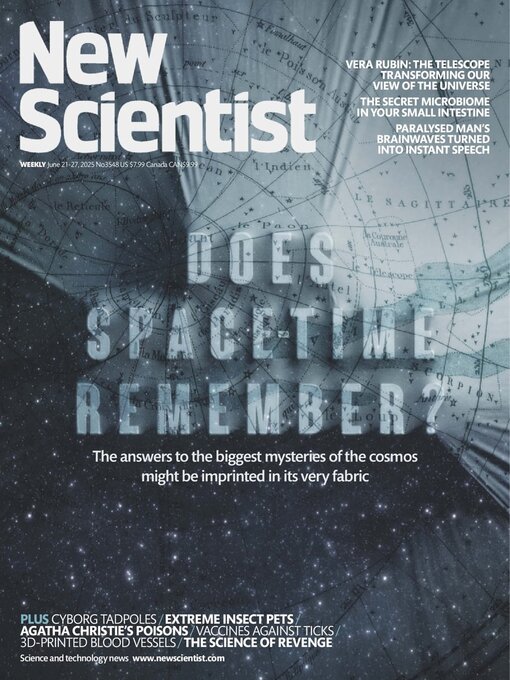
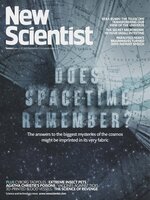 Jun 21 2025
Jun 21 2025
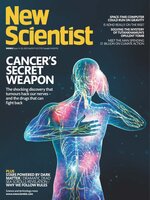 Jun 14 2025
Jun 14 2025
 Jun 07 2025
Jun 07 2025
 May 31 2025
May 31 2025
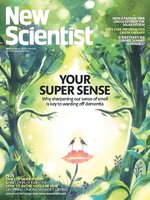 May 24 2025
May 24 2025
 May 17 2025
May 17 2025
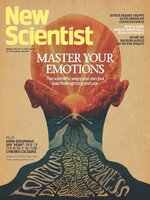 May 10 2025
May 10 2025
 May 03 2025
May 03 2025
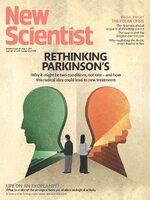 Apr 26 2025
Apr 26 2025
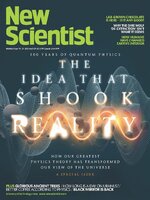 Apr 19 2025
Apr 19 2025
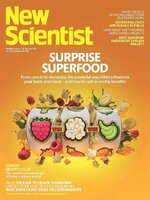 Apr 12 2025
Apr 12 2025
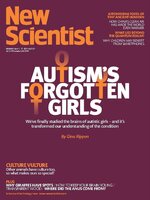 Apr 05 2025
Apr 05 2025
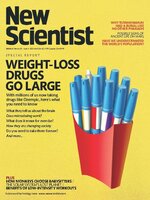 Mar 29 2025
Mar 29 2025
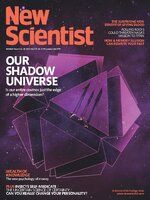 Mar 22 2025
Mar 22 2025
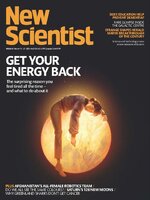 Mar 15 2025
Mar 15 2025
 Mar 08 2025
Mar 08 2025
 Mar 01 2025
Mar 01 2025
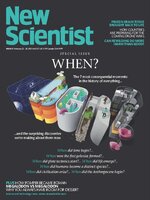 Feb 22 2025
Feb 22 2025
 Feb 15 2025
Feb 15 2025
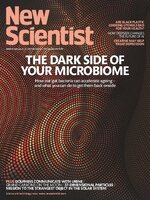 Feb 08 2025
Feb 08 2025
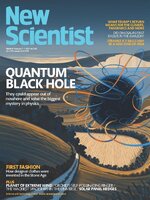 Feb 01 2025
Feb 01 2025
 Jan 25 2025
Jan 25 2025
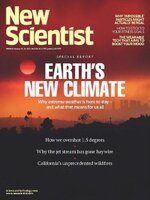 Jan 18 2025
Jan 18 2025
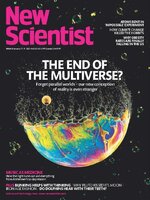 Jan 11 2025
Jan 11 2025